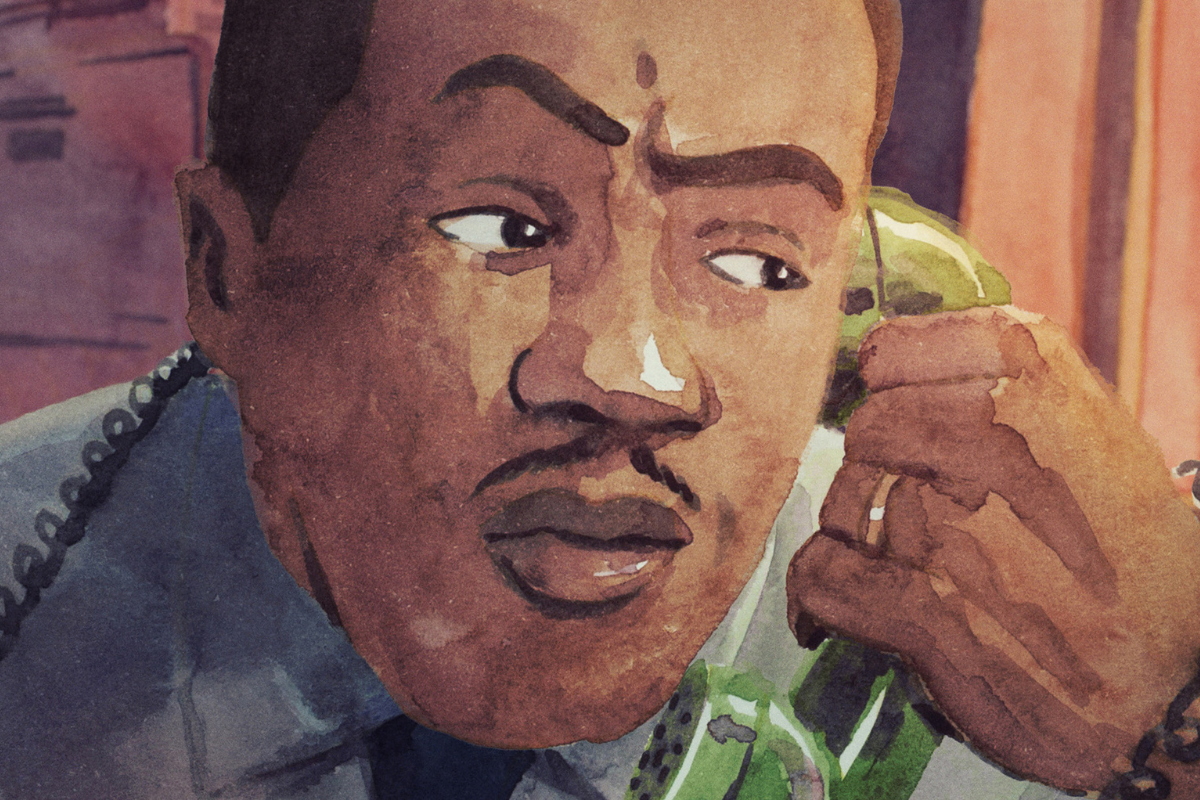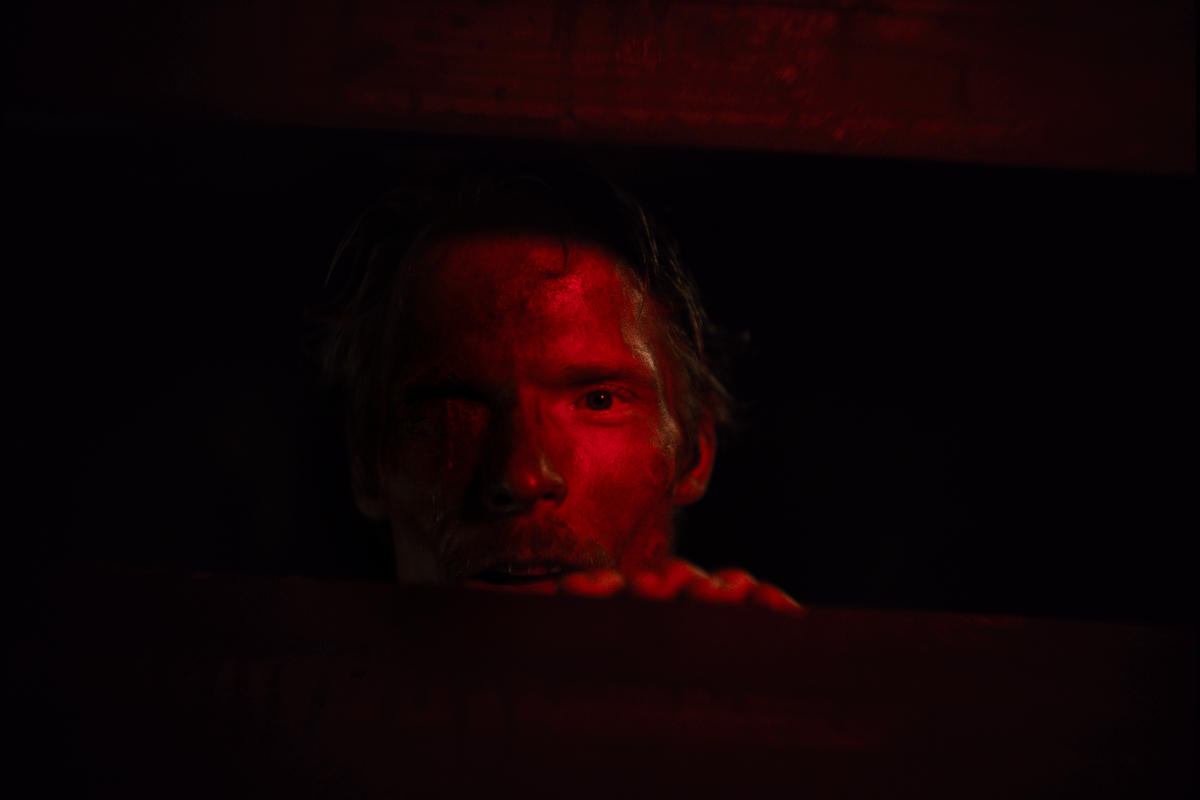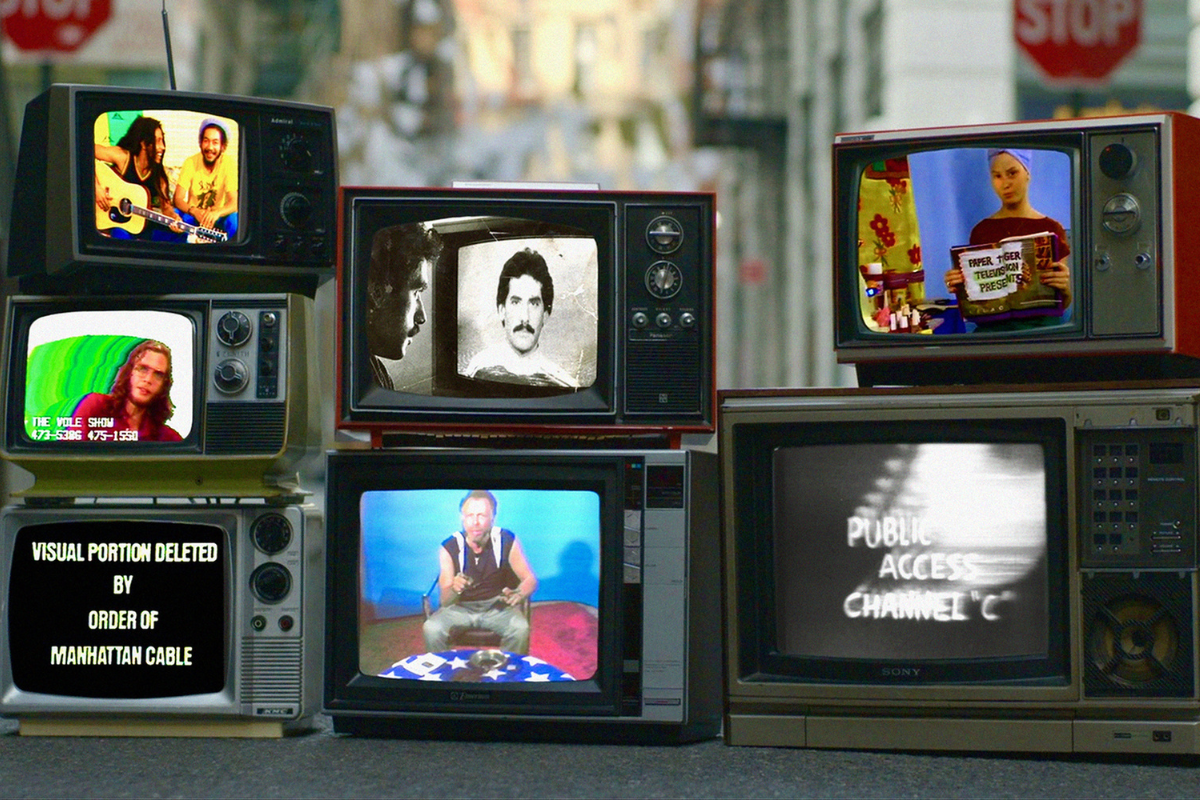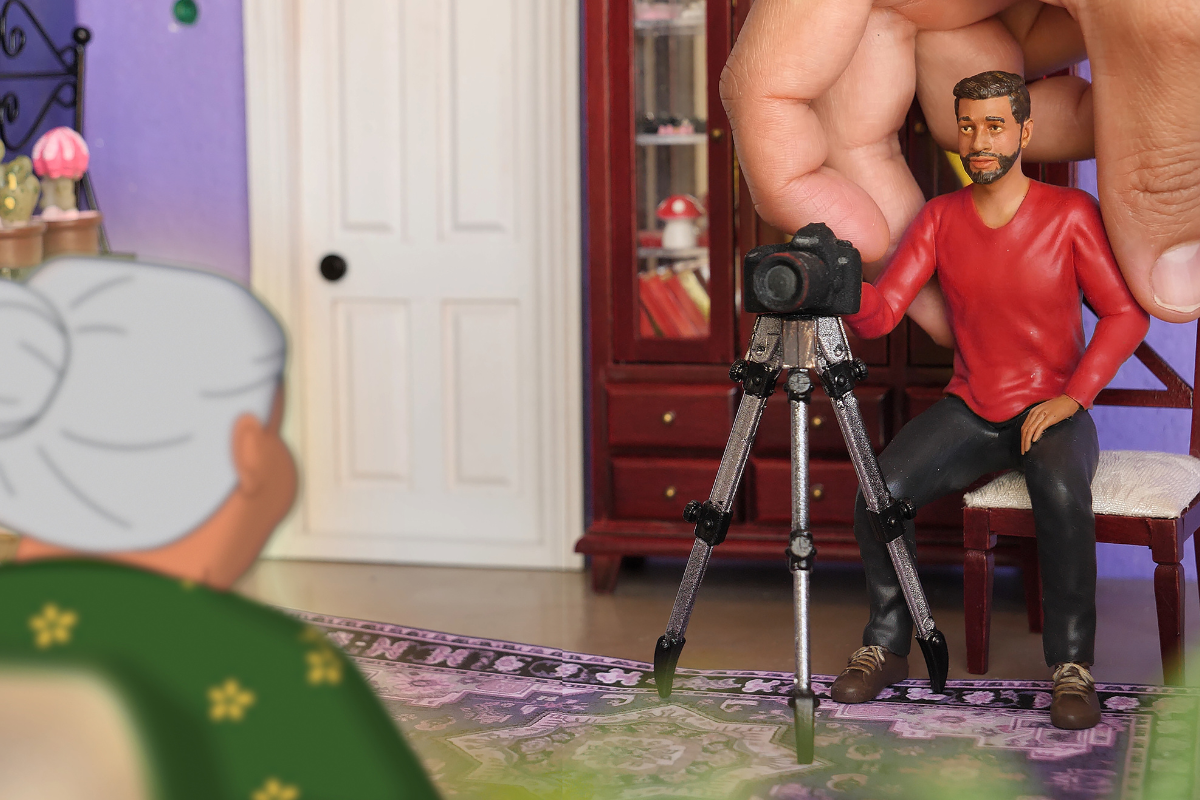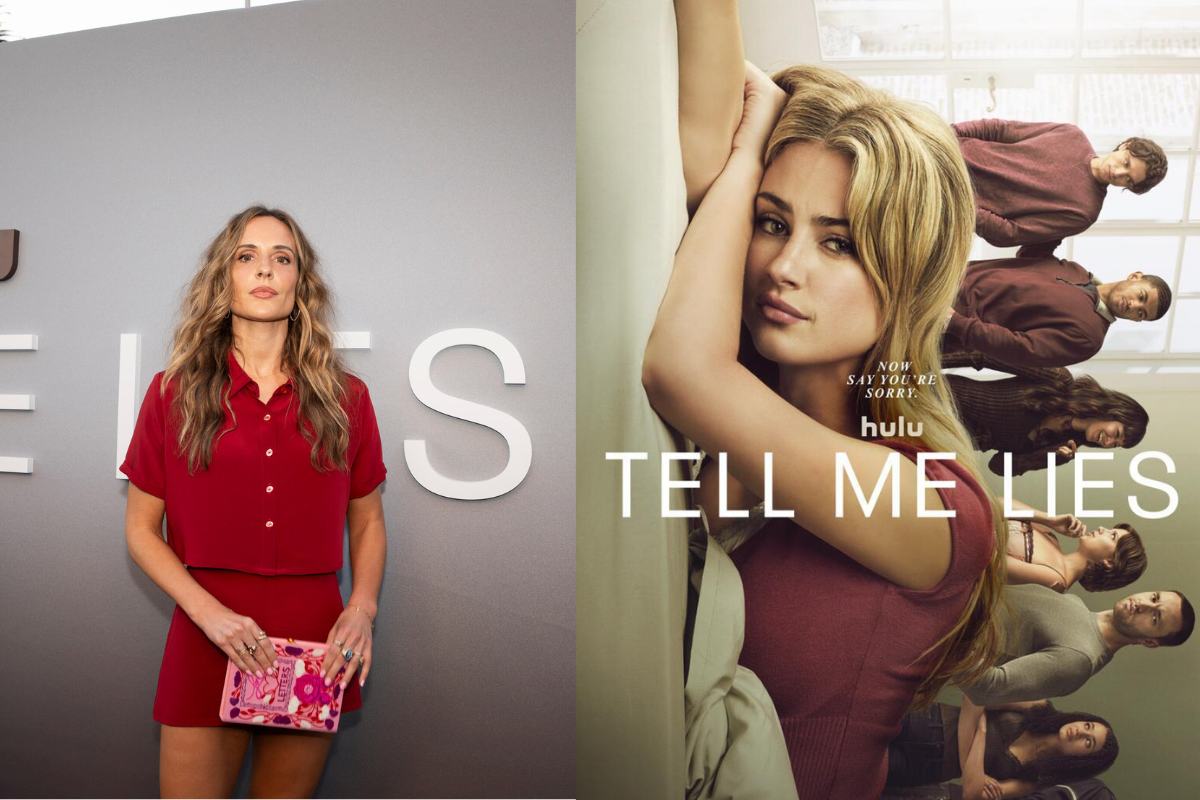TV WRITING TIPS & TRICKS: The Art of Script Editing for Television
Yvonne Grace talks about the craft of script editing and how you can apply key script editing approaches to improving your own, and other’s scripts.
Yvonne Grace talks about the craft of script editing and how you can apply key script editing approaches to improving your own, and other's scripts.
Yvonne Grace is an award-winning Television Drama Producer with 20+years experience in Script Development, Script Editing and Drama Production for the BBC, CITV and ITV. Her Script Consultancy Script Advice delivers workshops, provides online TV writing training and develops writer talent. Follow Yvonne on Twitter @YVONNEGRACE1.
Here at Script Advice I read scripts almost every day - no hardship for me - I love the job of script editing - it has given me an amazing career and one I am still enjoying today.
I have learned, over the last 25 years; how to make a poor script better and a good script great. I garnered this information from a combination of instinct, obsession, and hard graft; working on the coal face of television drama production in various story departments across the ITV Network and the BBC Series Department.
The job that has given me this knowledge, and has nurtured the inate love I had of story into a career that I still enjoy, is Script Editing.
You are a lucky writer if you find yourself a script editor that not only helps you improve your craft, but also ‘gets’ you as a writer and a person who needs to write.
I recently asked Tony Jordan; CEO of Red Planet Pictures and a series drama power-house about Script Editors; he said this; “My relationship with a script editor is the most important creative relationship I have in television. The good ones make me a better writer.”
But not all writers are in the position (yet) to work with script edtiors. That is to a certain extent, where script consultants like me come in, but you can work for youself in the script editor capacity too, if you follow this checklist I have put together to make every script you write meet the bar you set for it.
The script you are writing should tick these boxes. If it doesn’t there’s a problem you need to fix early on. Write out the first draft in ‘splurge mode’ - just get the story down. Then go back and address these points below:
STORY IMPACT - Does this story tell me something? Does the world grip me? Do I want to continue to turn the pages?
CHARACTER DEVELOPMENT - Are these people credible, relevant and engaging? What do they want? How are they going to get it? What is standing in their way?
VISUALISATION - Does the story translate visually? Can I ‘see’ this, unfolding on the page and therefore the screen?
AUDIENCE CONNECTION - Can I put myself here, in this story, with these characters? Can I connect with these people and their world, in a social, moral, pyschological or emotional way?
MESSAGE - What do I want to say here? What do I want my audience to have learned?
This is a good start.
FOUR SCRIPT EDITING TIPS FROM A WORKING SCRIPT EDITOR:
Over the years that I have been working with writers, I have unconsciously constructed a list of specific things in the story telling arena, that writers must achieve or avoid, in order to make truly engaging stories with narrative impact.
These are the things I talk about repeatedly in my script edit sessions with my writers.
1. PASSIVE VS. DIRECT ACTION
If at all possible and at all times, look for ways to impart textual information/plot information via visual, or dynamic means.
Reported action (passive action) is a dull and often lazy option. A character imparts something really rather intriguing/shocking/amazing about a character in which we have already invested, but due to the fact that she/he is merely passing the information on, from either the past, or from another source, it lacks impact. This is impounded by the fact that there is no ‘fall out’ or ‘pay off’ in the act of revealing this information. The information literally falls on to dead ground.
If you dearly wish this information to be reported and therefore passive, then consider making it visually delivered. How more interesting, for example, would some factual information about another character be, if the one doing the reporting was having sex, or painting a self portrait, or up a tree picking apples or spinning around on a child’s roundabout? And consider what they do with this information before they tell the character in question. How does their knowledge of this fact increase the dynamics and impart more drama to the narrative?
Ideally, always make the information dynamically imparted.
For example, if the information vital for us to learn, is about a grieving widow’s husband and the nature of his death, then one dynamic way of imparting the shadows around her beloved’s demise is by the wife learning this truth herself - and in so doing, she becomes proactive.
Or, if you chose not to have the wife the first to know the dodgy truth about her husband’s death, then make sure the person who does learn this information is linked to the wife in the narrative someway; so another lover of the dead man, or a mother, or a sister or a work colleague. And consider how, subtextually, this character can increase the odds against the wife in some way, by their reveal of the suspicious death of the husband in question.
2. EXPOSITIONAL DIALOGUE
The easy answer to this old chestnut is don’t write it. Exposition is the death of all good writing. It’s the Dutch Elm Disease of all Drama Trees.
Here’s how to avoid it:
Never allow a character to speak the plot. Always allow the subtext to punch in from below.
"I thought, Charlie, that when mum died and we split her inheritance, my investment in Merci Productions was 51%? Why are you cheating me out of my bigger cut of profits?"
I’ve just bored myself...So obviously, don’t write like that.
Clearly, Charlie could impart this information to another source in an interesting and dynamic way, before the currently ignorant sibling learns of the way he has diddled them in their production company profit split. If we are party to what Charlie is up to before our hapless character is, then we are on board and exposition doesn’t need to happen. Even if we learn about the true motivation of Charlie in a later scene, we still do not need to use exposition here to reveal this plot point. Consider how, for instance, the dynamic changes if Charlie offers the information rather than we learn it through his sibling’s expositional outburst. The scene can still be played entirely from the subtextual point of view, which is always the better option.
Exposition can not survive in a landscape of subtext. This is because if we know what is driving the characters in the scene, then we also know what they are choosing to avoid saying, or what they are not being 100% truthful about. And we join up the dots ourselves. So exposition, like screenwriting tumble weed, blows away.
3. MACRO V MICRO VIEWPOINT
I wrote a blog awhile back, and based a Master Class on this very subject too - Writing Creatively for a Commercial Market, in which I show how structure and visualising that structure, can and does improve your writing and your delivery of an engaging series narrative.
In this blog, I talk about the Macro vs. the Micro viewpoint. It is in all great TV series. It is absent in the not so great.
Macro viewpoint is all about showing the audience the world you created in its entirety - the wider, bigger, broader picture if you will. This you do by visual and also editorial means.
By setting the scene visually, we see the geography of the story you are about to tell - we the audience, are taken in by the leading visuals you chose to show us. The city scape, the rolling hills, the inside of a cargo ship, the operating theatre - all these locations say something about the story about to unfold.
Then we can ‘go in’ on the micro viewpoint - that is, from the point of view of the central character/s. It is from their POV that we see the world - from inside their heads.
The interplay, and how you the writer orchestrate this, is the detail your structure will require to make your story really hang together.
We will be, as viewers, traversing that trajectory from the Macro to the Micro viewpoint and back again. You, the writer, will be the arbiter of when this happens and how it happens.
Consider the impact of the narrative arc in Breaking Bad. Without that muscular interplay between the Macro world of drug production and gang control, and the Micro world of family and how Walter’s straggling of both arenas ultimately brings about his family’s demise, this series would not have delivered the emotional punch it did.
Walter’s Micro viewpoint (his point of view of the world looking from the inside out) changes as he becomes more corrupt and corrupted. And we take the Macro viewpoint - we see from the outside looking in, just how toxic his influence is increasingly becoming.
The way the viewpoint contracts and expands from Macro to Micro and back again; bringing the audience with that movement at all times, is what makes this a stand alone series in terms of storytelling.
4. LINKING IMAGERY TO THE NARRATIVE TO PUNCH IN A HEAVIER SUBTEXT
When you manage to link your visuals with the message of your series narrative - when that which we see becomes inextricably linked with that which we hear, we will feel the impact of the story more deeply.
For example, in a story where a drowning is key; tears, rain, waterfalls, a rain-storm or a dripping tap all help to dig into the subtext of the central characters via a visual access and the audience is given a glimpse into what you, the writer, wish us to know or feel, about a certain character.
NOVEMBER - LONDON - SCRIPT EDITING FOR TELEVISION
If you want to learn more about Script Editing and tackle the craft head on, to not only improve your writing but also give you an alternative career in drama development, I am running this course in November in London. Learn the craft, script edit professional writers and meet industry executives to help boost your career. Your learning curve starts here.
Get In Touch with Yvonne Grace, Script Consultant/Television Producer.
Do You Need a Story Analyst? Watch our Screenwriting Tutorial now!
Story Analysts: Who Are They and What Are They Looking for in a Screenplay?
WATCH NOW!
Yvonne Grace writes about her experience as a TV Drama Producer of Series. She covers the craft of writing for television from the writer and the producer’s perspective. Yvonne talks about the relationships in television; how the production works with the writer to get the job done. She writes about script editors, agents, social networking, working collaboratively and digs into what makes great TV drama and how to create must-have documents that sell your best ideas to the max. She features links, tips and the do’s and dont’s when working in TV as a writer. Twitter: @YVONNEGRACE1


